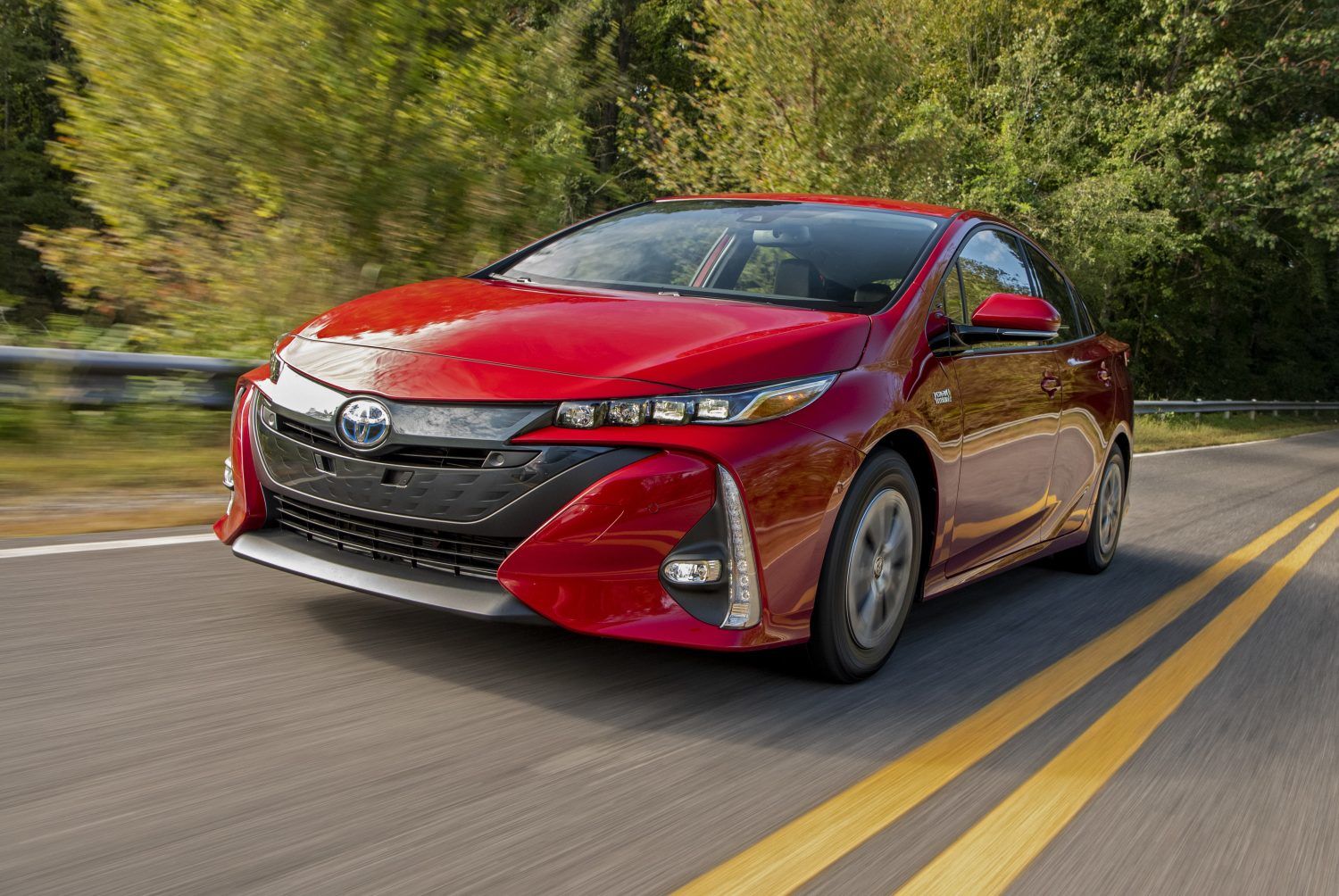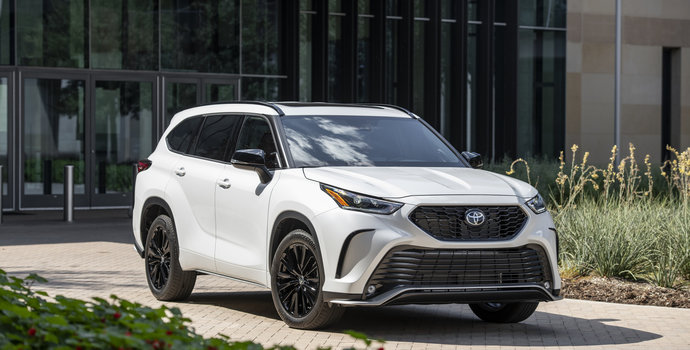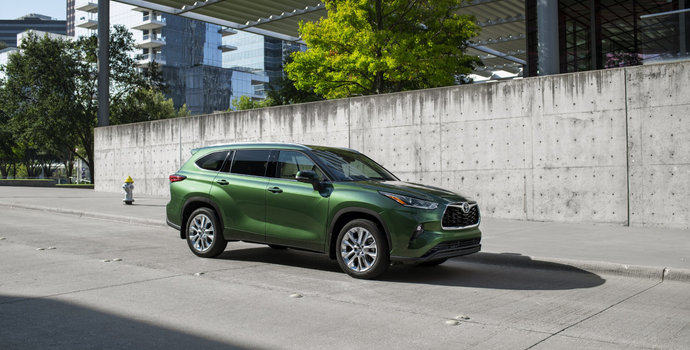As hybrid and electric vehicles (EVs) gain popularity, many car buyers are considering pre-owned options as a way to experience the benefits of green technology at a more affordable price. But is it worth it? This article explores the advantages of purchasing a pre-owned hybrid or EV, highlights the key differences between the two, and offers insights to help you determine if such a vehicle is right for you. We’ll also discuss protections, warranties, and considerations to ensure you make a confident and informed decision.
The Benefits of Buying a Pre-Owned Hybrid or Electric Vehicle
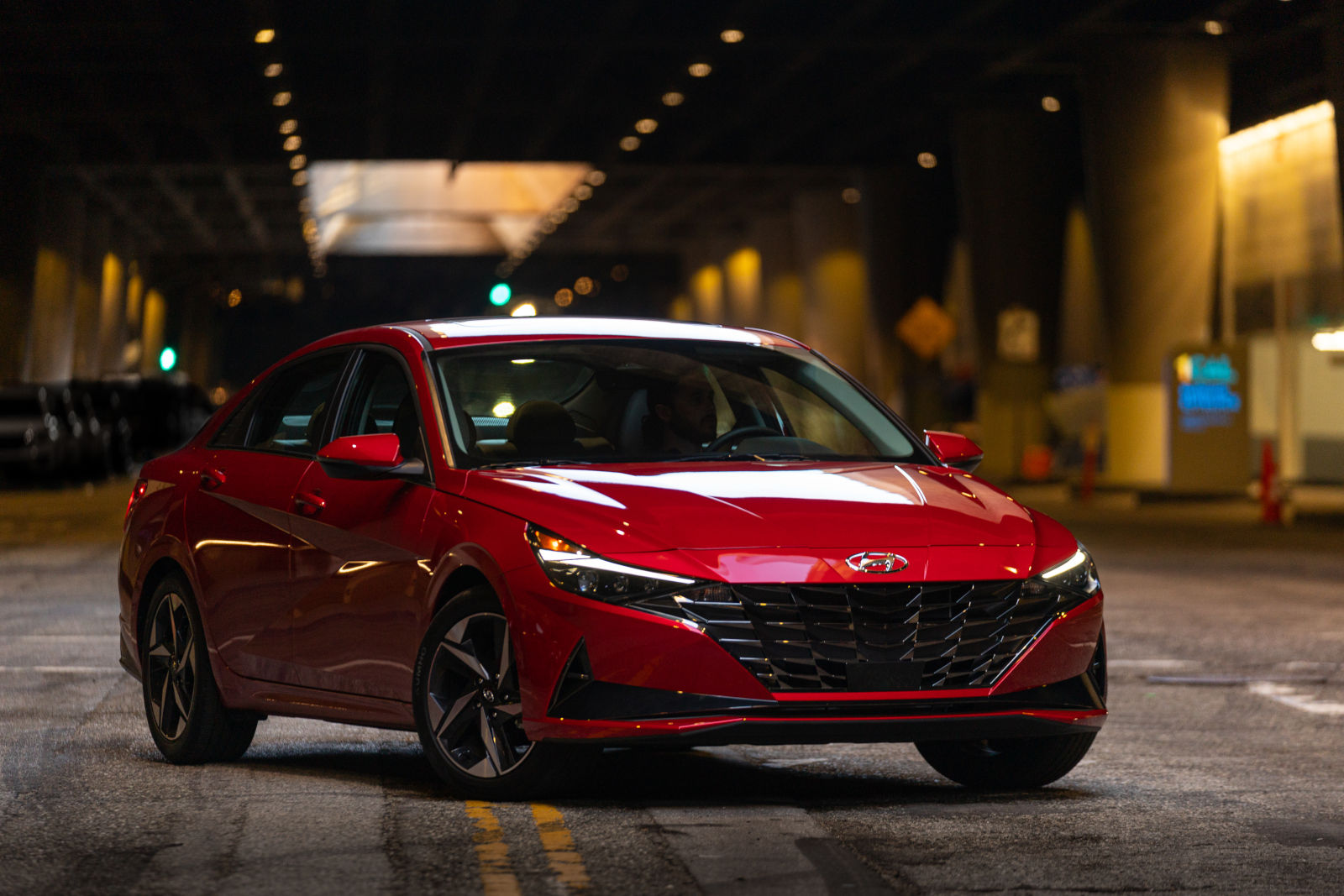
The appeal of hybrid and electric vehicles lies in their ability to save money on fuel while reducing environmental impact. Buying pre-owned makes these benefits accessible to more buyers, especially as the used market grows with models featuring cutting-edge technology.
- Cost Savings: Pre-owned hybrids and EVs typically have lower upfront costs compared to new models, making them a budget-friendly option for environmentally conscious buyers.
- Fuel Efficiency: Hybrids offer exceptional fuel economy by combining an internal combustion engine with an electric motor, reducing fuel consumption during city and highway driving. EVs eliminate fuel costs entirely, relying solely on electricity.
- Sustainability: Opting for a used hybrid or EV supports environmental goals by extending the life of an already manufactured vehicle, reducing overall carbon footprints.
- Advanced Features: Many pre-owned hybrids and EVs come equipped with modern technology, such as regenerative braking, advanced driver assistance systems, and user-friendly infotainment systems.
Hybrids vs. EVs: What’s the Difference?
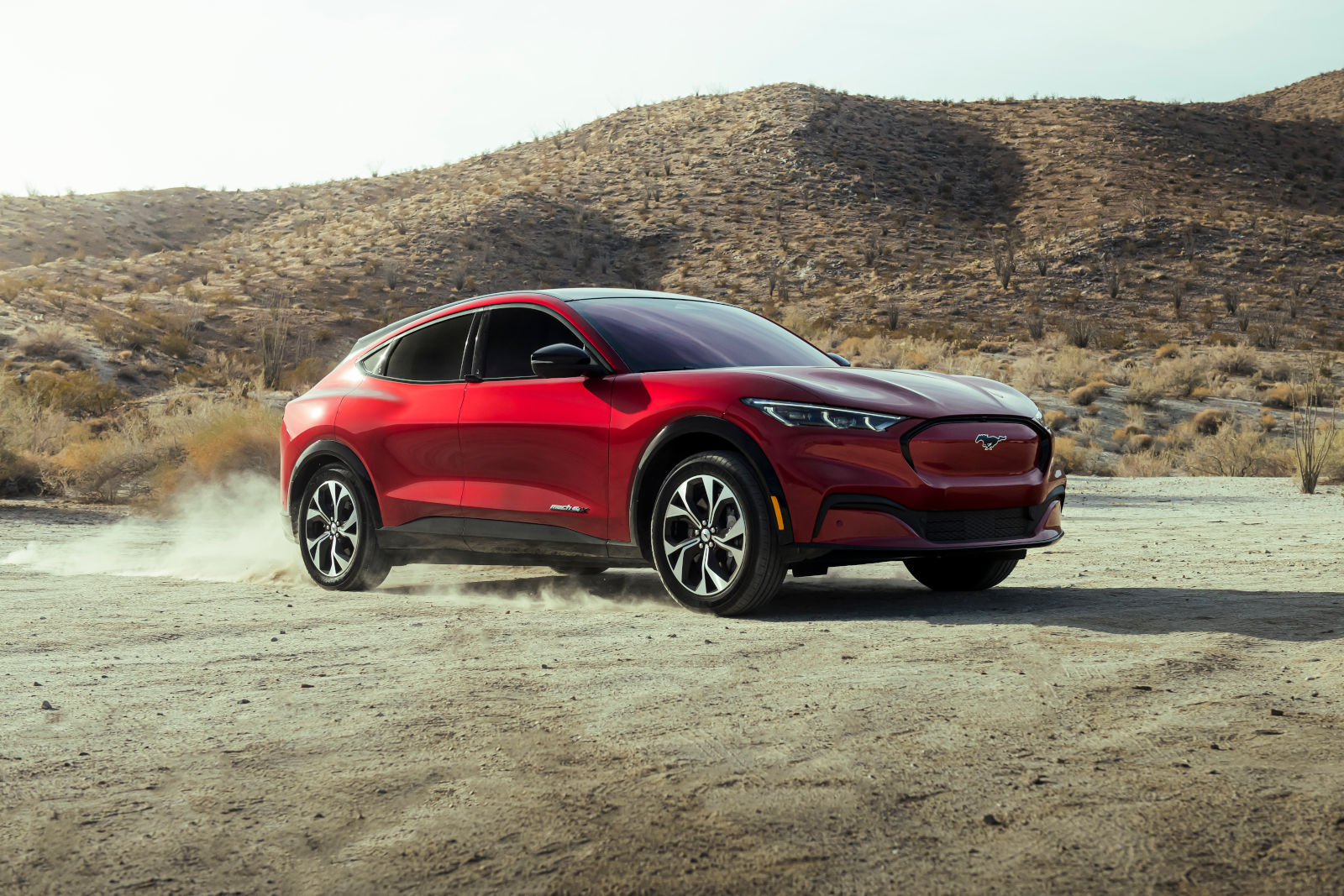
Before deciding which type of vehicle suits your needs, it’s crucial to understand the differences between hybrids and EVs.
- Hybrids:
Hybrids use a combination of a gasoline engine and an electric motor, with the engine automatically assisting when needed. They don’t require charging, as the battery and the engine are charged through regenerative braking. Hybrids are an excellent choice for drivers who want improved fuel economy without changing their driving habits or worrying about charging infrastructure.
- EVs:
Electric vehicles rely entirely on battery power, which must be charged at home or at public charging stations. EVs offer zero tailpipe emissions and significantly lower operating costs since they don’t require gasoline. They are best suited for drivers with access to charging infrastructure and who primarily travel within the vehicle’s range limits.
Your choice between the two should depend on your driving habits, access to charging, and willingness to adapt to an electric vehicle’s requirements.
Protections and Warranties for Peace of Mind
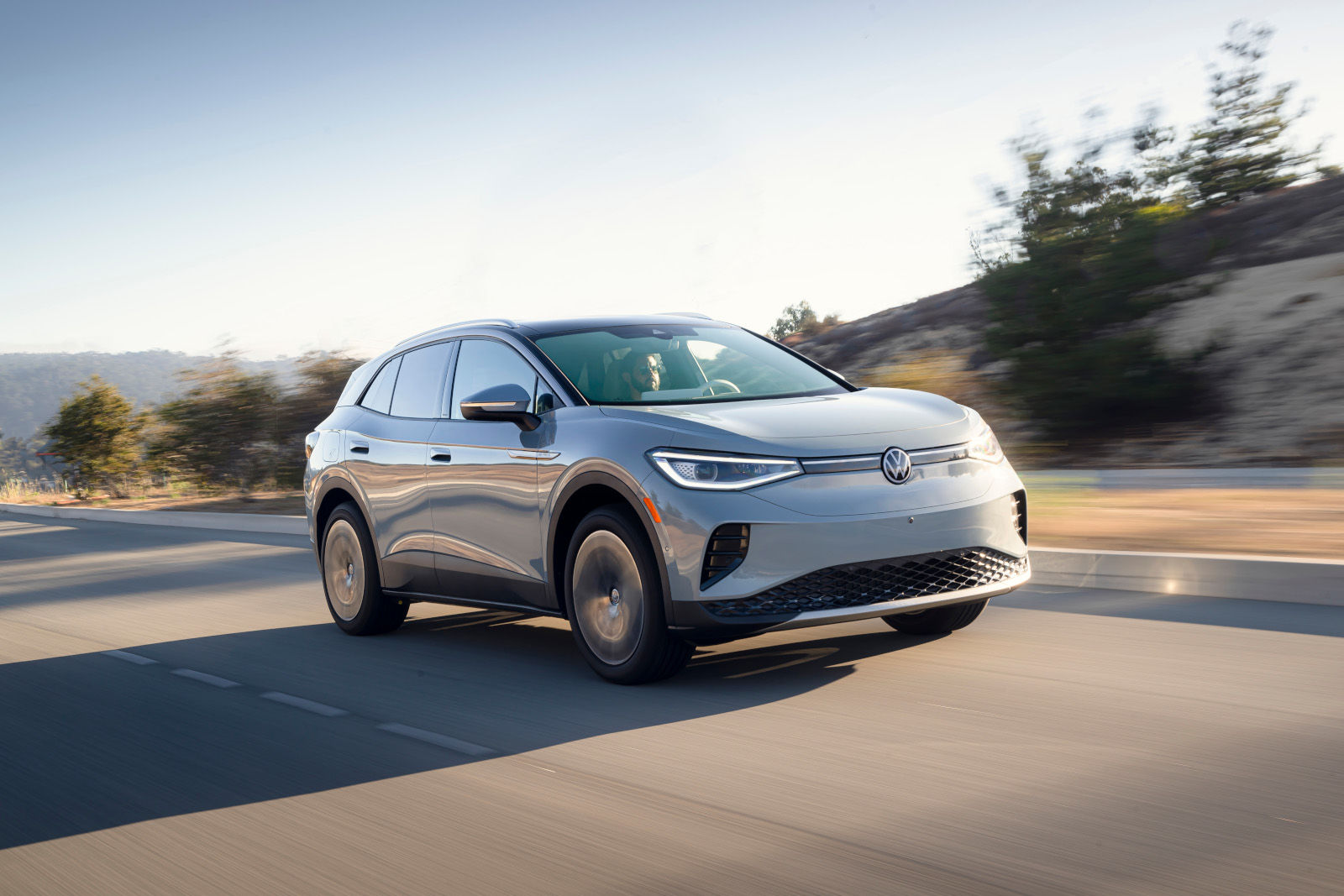
One of the most significant concerns for buyers of pre-owned hybrids or EVs is battery life. However, modern hybrid and EV batteries are designed to last for years, and many manufacturers provide warranties that extend to 8-10 years or 160,000 km, whichever comes first.
When buying a used hybrid or EV, consider the following protections:
- Battery Warranties: Many pre-owned models still fall within their original battery warranty coverage, ensuring that the most expensive component is protected.
- Certified Pre-Owned Programs: Some automakers offer certified pre-owned (CPO) programs for hybrids and EVs, which include rigorous inspections and extended warranties.
- Third-Party Inspections: Have the vehicle’s battery health and overall condition inspected before purchase to avoid unexpected costs.
These protections can provide peace of mind, ensuring that a pre-owned hybrid or EV remains a reliable and worthwhile investment.
Drawbacks and Key Considerations
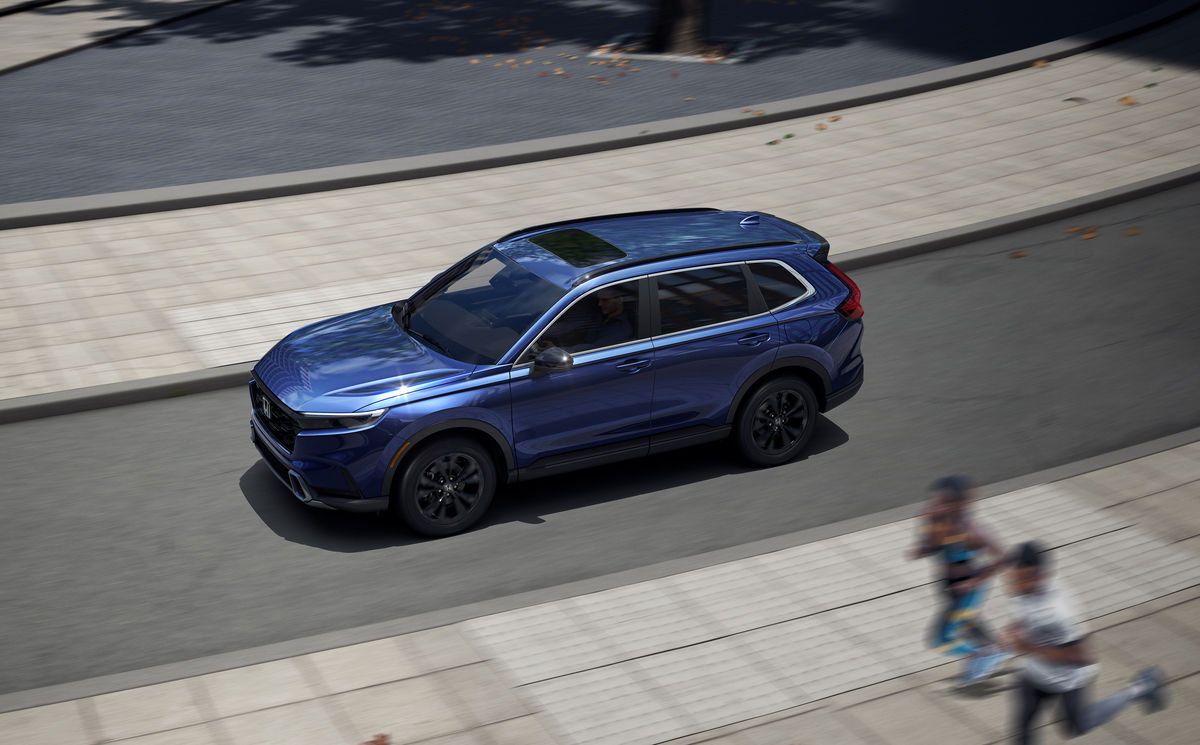
While hybrids and EVs offer many advantages, they’re not for everyone. Here are some drawbacks and questions to ask yourself to determine if you’re ready for this transition:
- Battery Degradation: Hybrid and EV batteries lose some of their capacity over time. You may face reduced range or performance if the vehicle’s battery health is significantly compromised.
- Charging Infrastructure: Do you have access to charging at home or nearby? If not, an EV may not be practical for your lifestyle.
- Driving Range: EVs typically have a lower range than gas-powered vehicles. A hybrid may be a better fit if you frequently take long trips or live in a rural area with limited charging stations.
- Maintenance Costs: While hybrids and EVs generally have lower maintenance costs, specialized repairs for hybrid systems or EV components can be more expensive.
- Purchase Price: Are you comfortable with a pre-owned hybrid or EV's higher upfront cost than a traditional gas-powered vehicle?
Answering these questions can help you assess whether a pre-owned hybrid or EV aligns with your needs and expectations.
Is It Worth It?
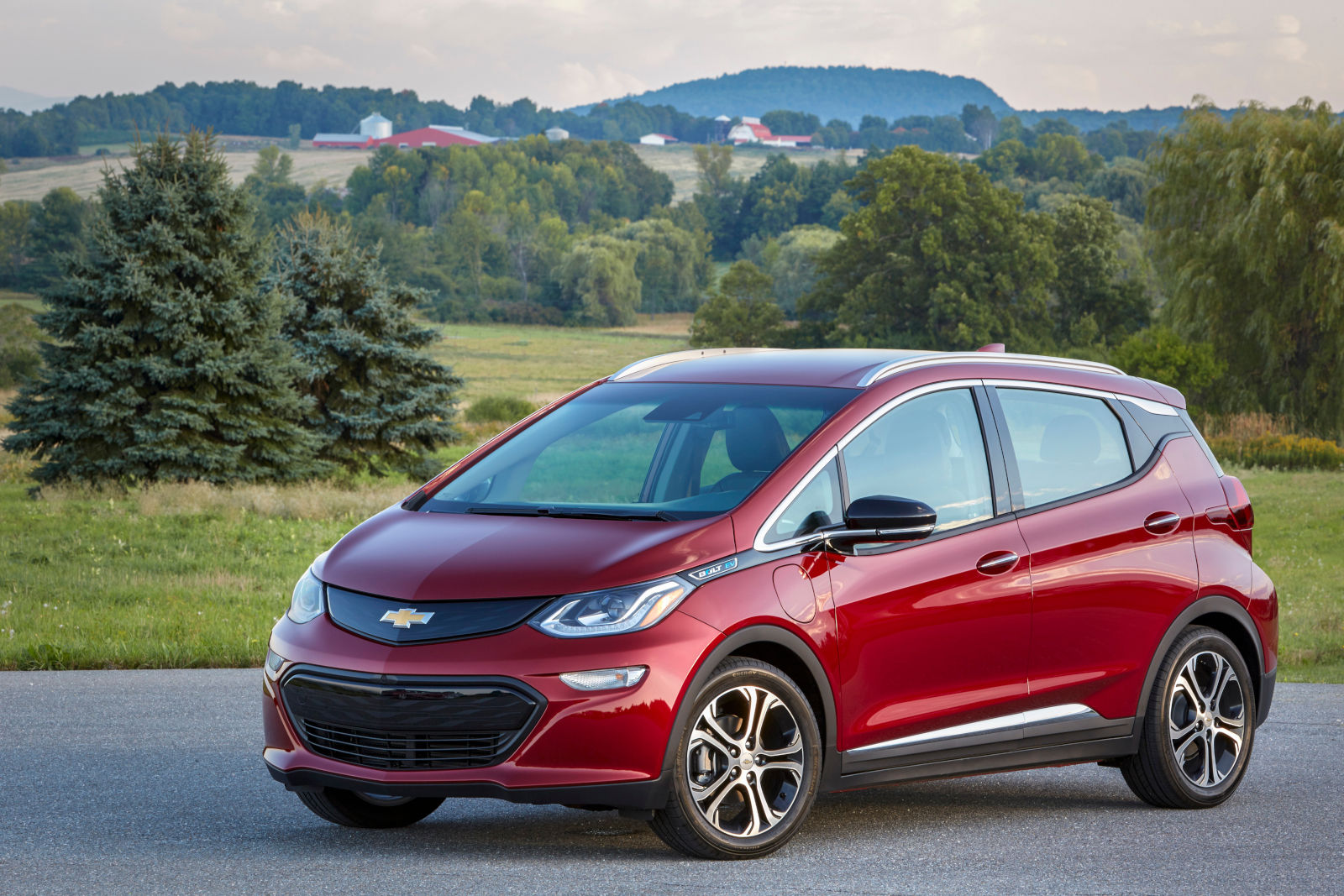
Buying a pre-owned hybrid or electric vehicle can be an excellent investment for drivers looking to save on fuel costs, reduce their environmental impact, and enjoy advanced vehicle technology. However, it’s essential to choose the right model based on your driving habits and lifestyle. With protections like extended warranties and careful battery inspections, a used hybrid or EV can offer significant value and reliability.
Ultimately, the decision comes down to whether you’re ready to embrace hybrid and electric technology's unique benefits and challenges. If you are, a pre-owned hybrid or EV from Georgetown Toyota might just be the perfect vehicle to take you into the future.
You might also be interested in these blogs:

